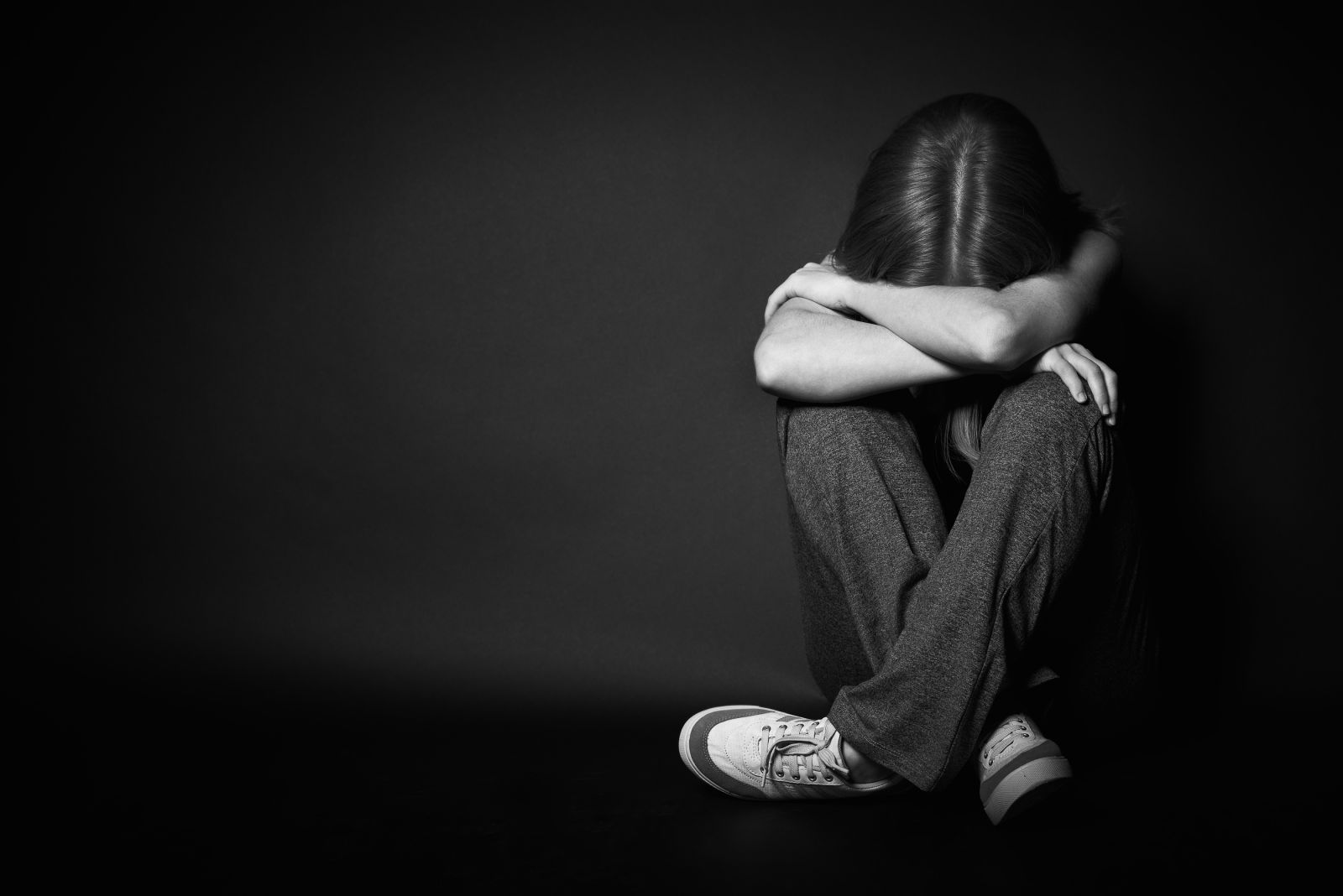Depression is a mood disorder involving a persistent feeling of loss of interest and sadness. It is different from mood fluctuations.
Feeling down, sadness, and having a loss of pleasure or interest in daily activities are some of the familiar feelings for all of us. However, if they persist and affect lives substantially, it may be depression.
According to the World Health Organization (WHO), it can affect adults, adolescents, and even children.
It is an ongoing problem, not a passing one that can last for weeks, months, or even years.
According to the Centers for Disease Control and Prevention (CDC).Depression is twice as common among women as men.
Signs and symptoms
Depressed mood
Reduced pleasure or interest in activities
Loss of sexual desire
Changes in appetite
Unintentional weight loss or gain
Sleeping too much or too little
Restlessness, agitation, and pacing up and down
Slowed speech or movement
Fatigue or loss of energy
Feelings of guilt or worthlessness
Difficulty in concentrating, or making decisions
Mood swing
Recurrent thoughts of suicide or death, or an attempt to suicide
Other symptoms of depression:
Avoiding social situations and families
Working without break
Displaying abusive behavior in relationships
Causes
There are many possible causes such as genetic features, environmental factors, changes in the brain’s neurotransmitter levels, psychological and social factors, among others.
Treatment
Depression is treatable.
Support: Discussing practical solutions and causes to educating family members.
Psychotherapy: Talking therapy such as one-to-one counseling and cognitive behavioral therapy (CBT).
Drug treatment: A doctor may prescribe anti-depressants.









Comment